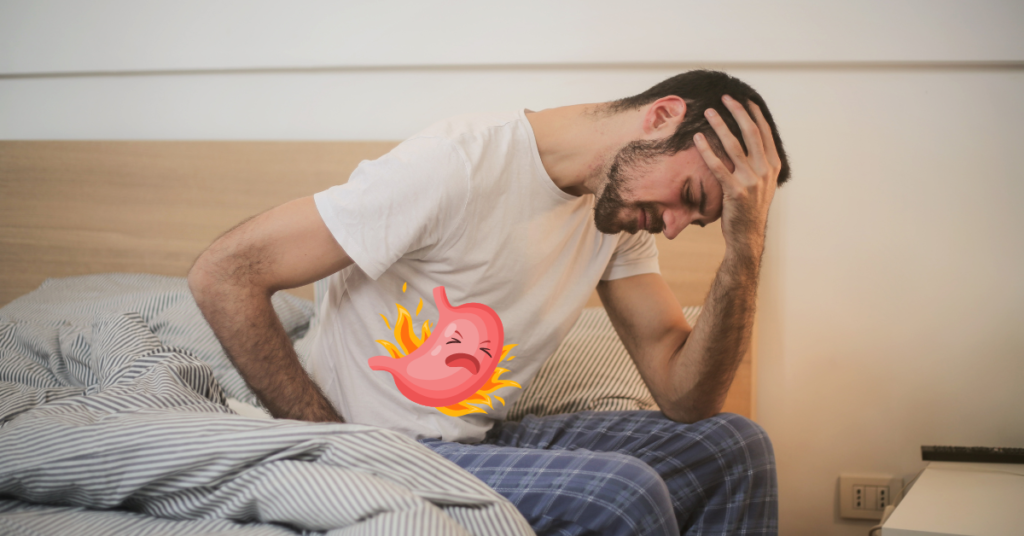Emerging research suggests that painkillers may be less effective for women compared to men, due to biological, hormonal, and systemic differences. This disparity in pain management has significant implications for healthcare and calls for more personalized treatment approaches.
Biological Differences in Pain Perception
Studies indicate that men and women process pain differently at the cellular level. Research published in the Journal of Neuroscience found that men predominantly rely on microglia, immune cells in the brain, to modulate pain, while women depend more on T cells, which are part of the immune system’s adaptive response. This distinction could explain why certain painkillers, particularly opioids, appear to be more effective for men. (NCBI)
A National Geographic report further highlights that women are more likely to experience chronic pain conditions such as fibromyalgia and migraines, yet pain research has historically focused on male subjects. This lack of gender-specific research contributes to less effective pain relief for women. (National Geographic)
Hormonal Influence on Painkiller Efficacy
Hormonal fluctuations, particularly estrogen levels, play a key role in how women experience pain and respond to pain medication. A study from the British Journal of Anaesthesia highlighted that opioids such as morphine may be metabolized more quickly in women, potentially leading to reduced efficacy and a higher risk of side effects such as nausea and respiratory depression. (NCBI)
The Gender Gap in Pain Research
Historically, clinical trials have been male-dominated, leading to a lack of comprehensive data on how painkillers work in women. According to a report in Pain journal, early drug trials often excluded women due to concerns about hormonal fluctuations affecting study outcomes. However, this lack of representation has resulted in pain management strategies that are less optimized for female patients. (NCBI)
Rethinking Pain Management for Women
Addressing the gender gap in pain relief requires a personalized approach to pain management. Researchers advocate for sex-specific clinical trials, improved prescribing guidelines, and a greater emphasis on non-opioid pain relief alternatives for women. Health experts also recommend that doctors take gender differences into account when prescribing pain medications.
As Malaysia advances in medical research and healthcare innovation, acknowledging and addressing these disparities is essential to ensure effective, science-backed pain management for all.




